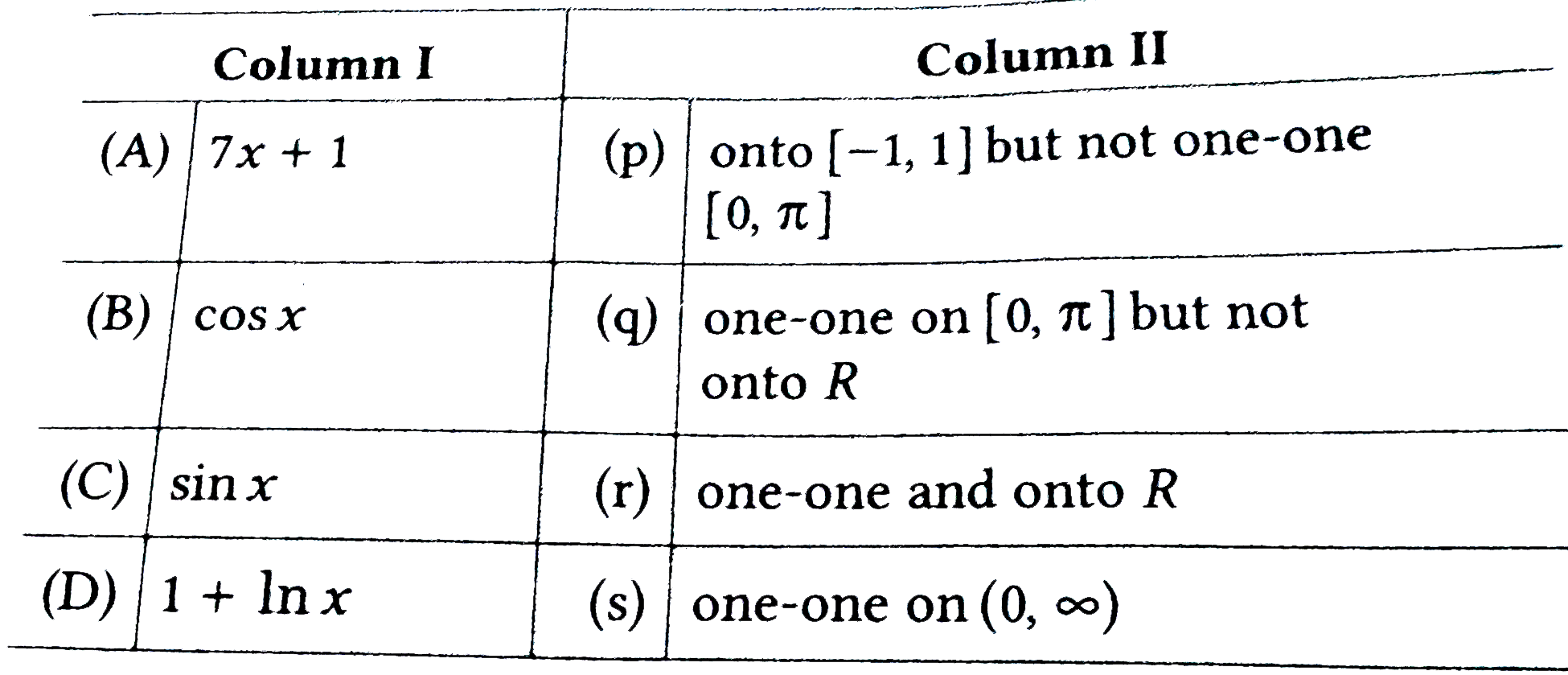Placenta has endocrine functions. Does it have other functions too ? Explain.
Step-by-Step Solution:
1. Introduction to Placenta Functions: The placenta is a vital organ that forms during pregnancy, serving multiple functions essential for fetal development.
2. Endocrine Functions: The placenta acts as an endocrine gland by secreting several important hormones:
- Human Chorionic Gonadotropin (hCG): This hormone helps maintain the corpus luteum during early pregnancy, which is crucial for progesterone production.
- Human Placental Lactogen (hPL): This hormone plays a role in regulating maternal metabolism and promoting fetal growth.
- Estrogen and Progesterone: These hormones are critical for maintaining pregnancy and preparing the body for childbirth.
3. Nutritional Functions: Besides its endocrine functions, the placenta is responsible for providing nutrients to the developing fetus. It facilitates the transfer of essential nutrients from the mother’s blood to the fetus.
4. Gas Exchange: The placenta also plays a crucial role in the exchange of gases. It allows oxygen from the mother’s blood to enter the fetal circulation while removing carbon dioxide produced by the fetus.
5. Waste Removal: The placenta aids in the removal of waste products from the fetal blood, ensuring that harmful substances do not accumulate and affect fetal development.
6. Growth and Development Support: Overall, the placenta provides all the necessary materials for the growth and development of the fetus, ensuring a healthy pregnancy.
Conclusion: In summary, the placenta has significant endocrine functions, but it also plays critical roles in nutrition, gas exchange, waste removal, and supporting fetal growth and development.
---
- Human Chorionic Gonadotropin (hCG): This hormone helps maintain the corpus luteum during early pregnancy, which is crucial for progesterone production.
- Human Placental Lactogen (hPL): This hormone plays a role in regulating maternal metabolism and promoting fetal growth.
- Estrogen and Progesterone: These hormones are critical for maintaining pregnancy and preparing the body for childbirth.
Topper's Solved these Questions
Similar Questions
Except endocrine function, what are the other functions of placenta.
View SolutionMention any four functions of placenta.
View SolutionThe functions defined have domain R

View SolutionWhich is not the function of placenta
View SolutionHow does a restriction nuclease function ? Explain.
View SolutionHow does a restriction nuclease function ? Explain.
View SolutionExplain the function of lungs.
View SolutionSummarise functions of placenta.
View SolutionWhich of the following functions has inverse function?
View SolutionHow does a compound eye functions?
View Solution
